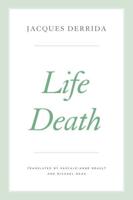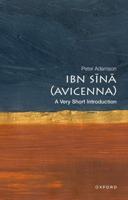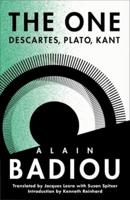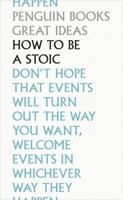Publisher's Synopsis
How did we become a culture of unbridled egoism? And how does our culture of the self, with its daily calls for self-expression and self-transformation, co-exist wiht our world of modern science and its implicit determinism? This essay offers a new and strikingly original interpretation of Western thought. It argues that the contemporary secular view of what it means to be a human being has been shaped by the philosophy of German idealism. It shows how the major schools of today's self-understanding, including the social sciences, psychology, pragmatism and the many forms of existentialism share this origin. It argues that the world of modern science rests upon this philosophy as well, and that the professed materialism of the scientific ocmmunity is an overlay unrelated to the actual practice of modern science. This essay is sweeping in scope--yet understated, elegant and humane. It offers much needed guidance for how to live a thoughtful, even noble life in today's world.









